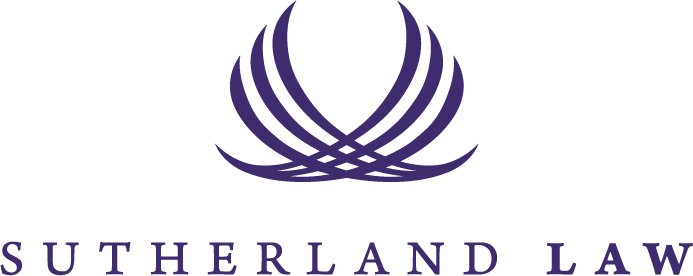Managing COVID-19: A Summary for Ontario Employers
Overview
We have received a surge of employment-related inquiries from businesses across Ontario managing the impact of COVID-19. It is essential that employers understand their legal obligations towards employees so they may better promote the health, safety, dignity and privacy of employees while minimizing exposure to legal liability.
This document provides a brief summary of an employer’s legal obligations towards its employees and suggests best practices for fulfilling those obligations in light of the current pandemic. This document does not constitute legal advice.
Occupational Health and Safety.
Under the Occupational Health and Safety Act (OHSA), employers have a duty to take all reasonable precautions to protect the health of safety of their workers. To that end, employers should:
Provide employees with up-to-date information about the risks, symptoms and prevention of COVID-19. Information should include health protocols such as proper hand washing techniques, social distancing, and good cough and sneeze etiquette, and should be posted in common areas around the workplace.
Increase cleaning operations in the workplace, particularly in common areas, and make hygienic products available, including alcohol based hand sanitizers.
Allow employees to work from home where possible.
Direct employees to avoid non-essential business travel and report all international personal travel.
Refrain from arranging any meetings and allowing visitors into the workplace.
Advise employees not to attend the workplace if they exhibit any COVID-19 symptoms, have recently traveled out of the country, or are otherwise at heightened risk of contracting the virus.
If an employee refuses to work because they reasonably believe the workplace conditions are unsafe, follow the work refusal procedure in the OHSA. Investigate and address the safety issue, and do not threaten to discipline the employee.
Review workplace policies on health and safety to ensure they are consistent with public health guidelines and do not deter employees from calling in sick when necessary.
Employment Standards
Employers are required to meet the minimum standards of employment set out in the Employment Standards Act, 2000 (ESA). Of particular relevance to the COVID-19 pandemic, employers should (and in some cases, must):
Review the terms of individual employment contracts, workplace policies and/or collective agreements to determine if they provide a greater right or benefit than a minimum employment standard under the ESA. If so, the employer must apply the contractual term instead of the employment standard.
Provide an unpaid, job-protected infectious disease emergency leave to employees who are not performing the duties of their position for reasons related to COVID-19.
Consider scheduling an employee off on vacation if the circumstances warrant doing so, such as if the employee has used up their sick time.
If terminating an employee, provide notice of termination or termination pay (in addition to severance pay, if applicable), in accordance with the ESA. Terminations should be managed with the benefit of legal advice.
If temporarily laying off an employee, ensure the layoff is permitted in the employment contract and meets the temporary layoff requirements set out in the ESA. Employers should consider establishing a Supplemental Unemployment Benefit plan for employees who are laid off.
Avoid disciplining or threatening to discipline an employee for exercising, attempting to exercise or inquiring into their rights under the ESA.
Human Rights
Under the Ontario Human Rights Code (Code), employers are prohibited from discriminating against employees on the basis of a protected personal characteristic, such as disability (this likely includes having or being perceived to have COVID-19). Employers should:
Explore potential accommodations with employees who have contracted or have an elevated risk of contracting COVID-19, or are particularly vulnerable to its effects, and implement those accommodations.
Inquire into an employee’s need for accommodation if warranted in the circumstances.
Ensure that employees who are unable to work for reasons relating to COVID-19 are being treated consistently.
Prohibit employees from using stigmatizing language relating to COVID-19.
Privacy
Employers should ensure they comply with applicable laws governing the collection, use and disclosure of personal information, with special attention to personal health information.
If you require further information, please contact Rob Y. Moubarak at 905-695-550 ext. 2800.
